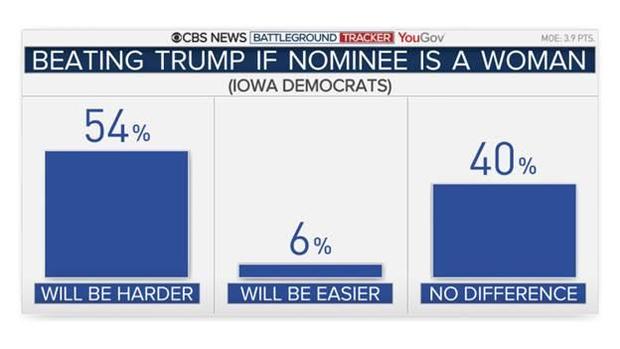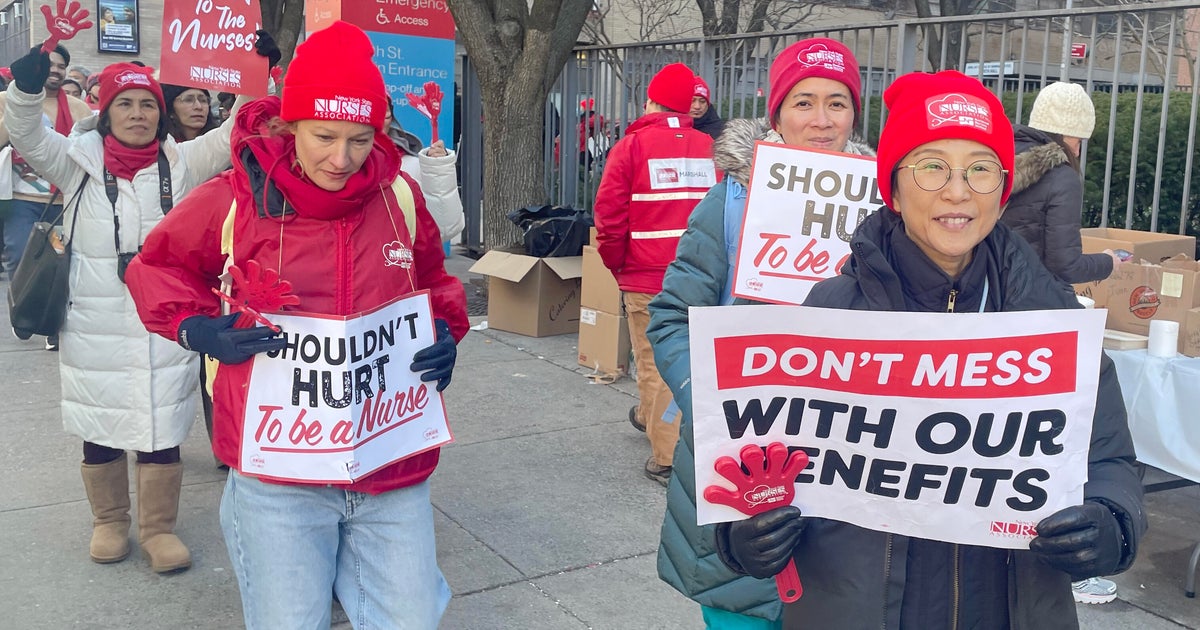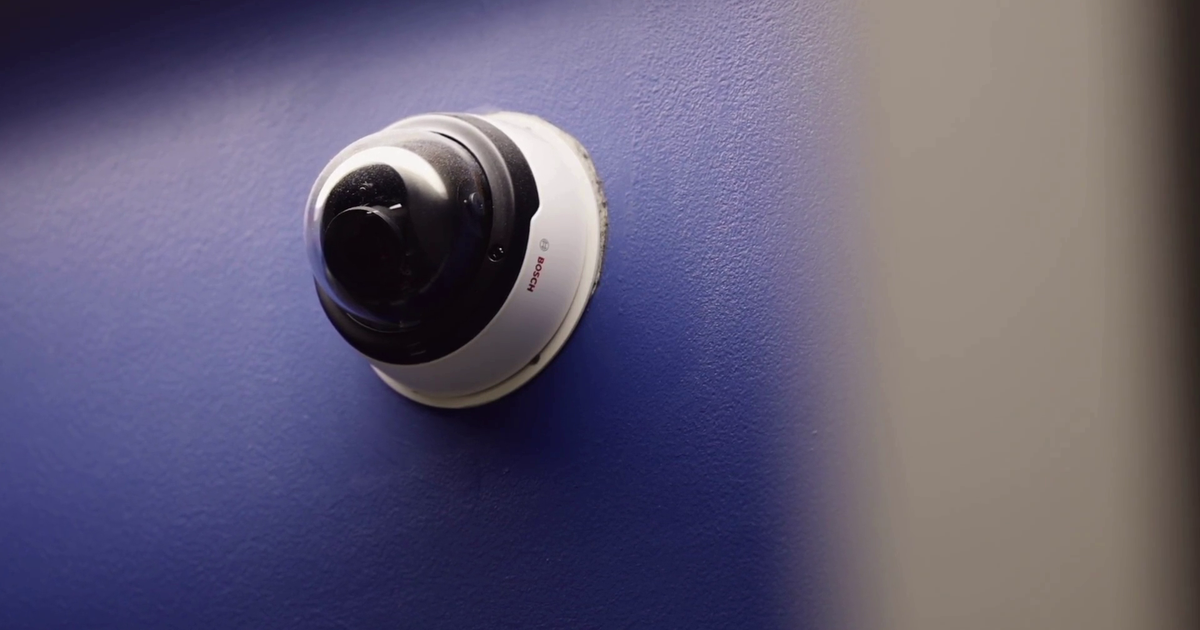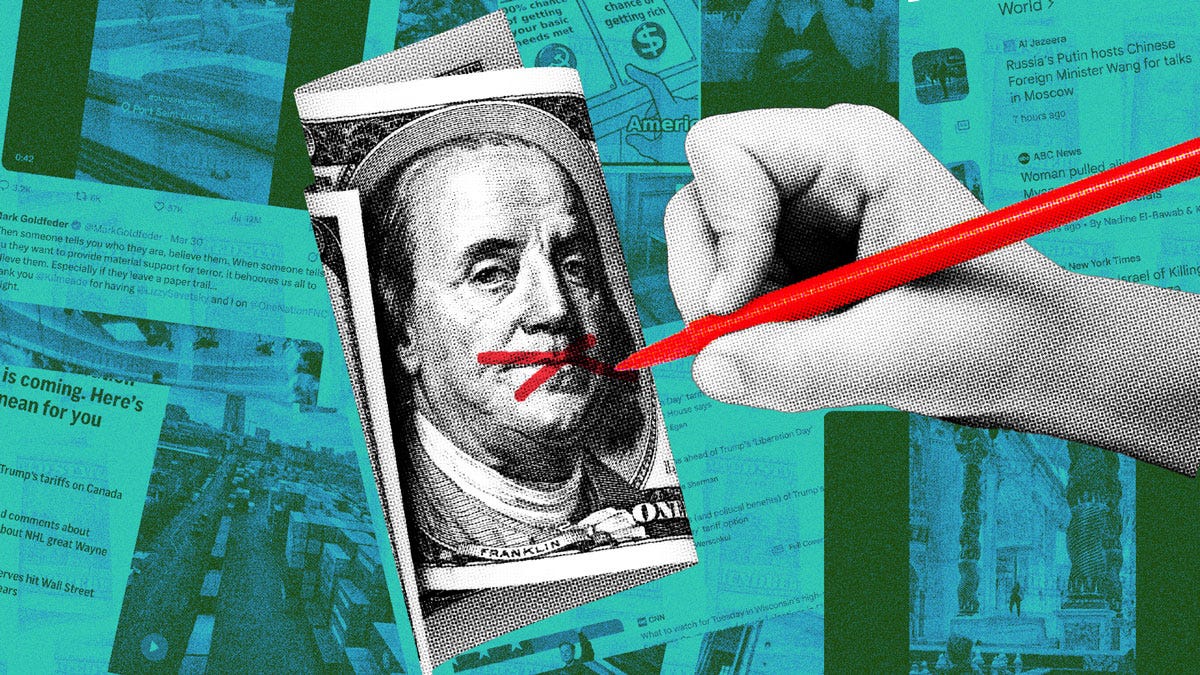CBS News Battleground Tracker: In Iowa, it's Sanders, Biden and a wild finish ahead
It's a tight and fluid race heading into the final week in Iowa for a lot of reasons. Bernie Sanders is attracting 26% support, with Joe Biden at 25%, as the top preferences of likely caucus goers. Pete Buttigieg is right there within striking distance at 22%. Elizabeth Warren has 15% support and Amy Klobuchar has 7%, but because of the way caucuses work, these are critical numbers with implications for the race.
Party rules make 15% the typical cutoff for awarding delegates, and supporters can shift to other candidates if they don't reach this threshold. So, it's critical to look at voters' second choices and who else they're considering, too.
Joe Biden could get a boost from his status as the second choice of those backing Amy Klobuchar, as well as from those polling lower. If they move to him on caucus night, he could see gains. Meanwhile, Warren is right on the line, and her backers' second choice is Sanders, more so than Biden or Buttigieg. That would mean Sanders could stand to pick up even more delegates if Warren backers don't make the cut in some places. If Warren holds at her current level or gains, this race will remain tight. All told, the caucuses look like they might very likely be decided by these kinds of local-level movements.
In any case, this could amount to about the same handful of delegates being parceled out among these candidates, so the real prize out of Iowa would be, as ever, attention and bragging rights.
It's not just the caucus arrangement that keeps Iowa a fluid race, it's the voters, too: just over a third of those expressing a candidate choice say they've "definitely" made up their minds. Sanders has the most solidly committed supporters, and this has been true in recent weeks: 48% say they've definitely made up their minds. That's higher than Biden's 27% "definite" supporters, which is a potential vulnerability for Biden in the final stretch. Another is that his supporters are relatively less enthusiastic than those of other top candidates; fewer than half are.
Keeping Buttigieg squarely in the mix are, in part, older Democrats — among whom he is second only to Biden — and would-be first-time caucus-goers, on whom he is especially dependent.
Biden leads on perceived ability to protect the U.S. from terrorism, and 84% of Democrats say he's prepared to be commander-in-chief – though this measure doesn't really explain the caucus vote, since even those who are not backing him overwhelmingly think he's prepared. About two-thirds of Democrats say Warren and Sanders each are prepared. Buttigieg lags all the other top-tier candidates on this preparedness measure.
Sanders outpaces the field on being seen as someone who "fights for people like you" — and Warren and Buttigieg both do better than Biden on this metric.
Most Iowa Democrats do not think candidates who have to be in Washington for the Senate impeachment trial will suffer much of an impact on their fortunes in Iowa.
Biden and Sanders have improved on their perceived electability among Iowa Democrats in recent weeks. More now think each would "probably win" against President Trump than said so earlier this month, particularly of Biden. Democrats are more confident (71%) now than they were in November (62%) that the party will nominate someone who can defeat the president.
All of the four top candidates are seen as being able to handle political attacks from Mr. Trump at least somewhat well, but Sanders leads on handling them potentially very well. However, Elizabeth Warren has dropped on this measure since October.
Majorities see the leading five candidates as being consistent in what they stand for. Sanders does best on this (88%), followed by Buttigieg (80%), Klobuchar (75%), Warren (70%) and Biden (66%). The Sanders campaign's questions about Biden's past votes seem to have resonance with Sanders' own backers; Democratic voters who say they have given a lot of consideration to a candidate's past votes in Congress pick Sanders as their first choice. But relatively few Democrats (30%) make past votes a top criterion in deciding who to support.
Amid the recent dust-up between Sanders and Warren about whether a woman can win, 54% of Iowa Democrats say it would be harder to beat Mr. Trump in November if the nominee is a woman. It is Biden supporters who are the most likely of the top-tier candidates' backers to say it would be harder. And Democratic women are more likely than men to think it would be harder for a woman to defeat Trump.
When making their decision on whom to support, Iowa Democrats cite policy positions as the most important factors, chief among them their health care proposals, followed by economic policy positions and their approach to climate change. Foreign policy ranks lower, as does a candidate's personal qualities.
Across the Super Tuesday states — the big delegate haul that comes after opening contests in Iowa, New Hampshire, Nevada and South Carolina — the top tier remains Biden, Sanders, and Warren. Warren currently polls better across those contests than she does in Iowa, bolstered by support from college-degree-holding and post-graduate voters, and she runs even with Sanders among the very liberal.
Michael Bloomberg is advertising and campaigning in the Super Tuesday states, and while still trailing the top tier, Bloomberg is now marginally ahead of Buttigieg across these states. Bloomberg is helped, in part, by doing better than Buttigieg among black Democrats. No one is close to Biden among this group, but Bloomberg is the first choice of 10% of black voters and the second choice of 12%. Black voters are more likely than white voters to feel that he could handle attacks from Mr. Trump well. Both black and Hispanic Democrats are more likely than whites to see Bloomberg as fighting a lot for people like them.
These CBS News surveys were conducted by YouGov between January 16-23, 2020. A representative sample of 2,500 registered voters in Iowa was selected, including 1,401 self-identified Democrats, as well as registered voters who lean Democratic or plan to participate in the Democratic caucus this year. A representative sample of 14,575 registered voters was selected in 14 states expected to hold primaries on Super Tuesday (Alabama, Arkansas, California, Colorado, Maine, Massachusetts, Minnesota, North Carolina, Oklahoma, Tennessee, Texas, Utah, Vermont, Virginia). This sample includes 8,593 Democrats, and registered voters who lean Democratic or plan to vote in their state's Democratic primary. Both samples were weighted according to gender, age, race, and education based upon voter registration lists and the U.S. Census Current Population Survey, as well as 2016 presidential vote. Likely voters were determined using a model that takes into account self-reported likelihood of voting, along with other individual- and aggregate-level factors. The margins of error are 3.9 points in Iowa and 1.6 points in the Super Tuesday sample.
Full results: Super Tuesday states














